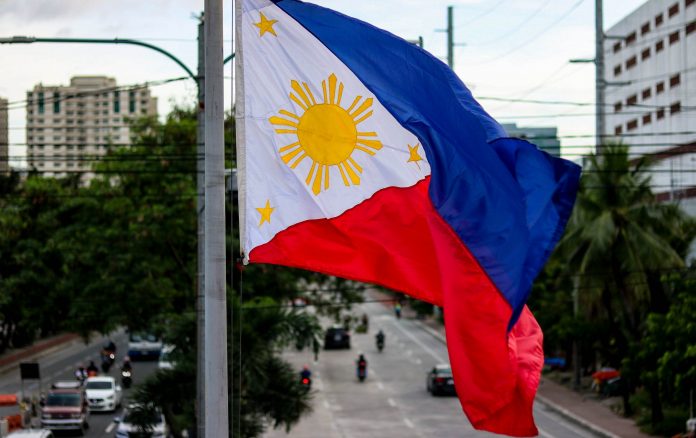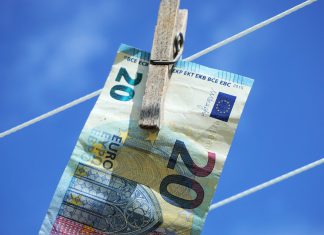Established on 8 August 1967, the Association of Southeast Asian Nations (ASEAN) is a regional intergovernmental organisation consisting of ten countries in Southeast Asia. With the overarching goal of promoting political and economic cooperation and regional stability, ASEAN has been instrumental in fostering collaboration and integration among its member states.
The member countries include Indonesia, Malaysia, the Philippines, Singapore, Thailand, Brunei, Vietnam, Laos, Myanmar, and Cambodia. A main battleground for ASEAN is in terms of AML (Anti-Money Laundering Policies). Money laundering involves the illegal process of making large amounts of money generated by a criminal activity, such as drug trafficking or terrorist funding, appear to be earned legally.
The global AML landscape is dynamic and complex, shaped by a myriad of international standards, national legislations, and regulatory bodies, due to this traversing the topic over such a large conglomerate of nations remains a major challenge for ASEAN. But what exactly is there role in AML policy?
Given its diverse membership and strategic significance, ASEAN plays a pivotal role in shaping and harmonising AML policies within the Southeast Asian region. Through collaborative efforts, mutual assistance, and the sharing of best practices, ASEAN seeks to bolster the resilience of its member states against money laundering and associated predicate offenses.
The dynamics of ASEAN’s influence provide a canvas to understand the broader implications for AML compliance and the ongoing endeavors to fortify defenses against financial crimes in the Southeast Asian region.
Key components of ASEAN’s AML policies
ASEAN’S AML policy functions on implementation of stringent Customer Due Diligence procedures. These are designed to verify the identity of clients, understand the nature of their business, and assess the risks associated with their transactions. On top of this, the group’s framework relies on diligent transaction monitoring to identify unusual patterns and potential indicators of money laundering.
By integrating the above points with consistent comprehensive risk assessments, ASEAN countries can allocate resources effectively, develop targeted policies, and adapt to the evolving threat landscape.
The work doesn’t stop there however. ASEAN member states have established dedicated regulatory bodies to oversee the enforcement of AML policies, such as financial intelligence units (FIUs) and central banks. These bodies are responsible for supervising financial institutions, conducting investigations, imposing sanctions, and ensuring compliance with national and international AML standards.
This policy framework is aligned with international standards, particularly the recommendations of the financial action task force (FATF).
Philippines’ AML landscape
Financial institutions in the Philippines are mandated to implement robust customer identification and verification procedures. These measures involve collecting and verifying customer information, assessing risk profiles, and conducting ongoing monitoring.
The Philippines’ AML landscape is characterised by a robust legal framework, vigilant regulatory oversight, and comprehensive preventive measures. The country’s dedication to enhancing its AML capabilities is evident through continuous legislative amendments, rigorous enforcement by regulatory bodies, and the implementation of best practices in customer due diligence and transaction monitoring.
The Southeast Asian nation has actively incorporated the financial action task force (FATF) recommendations into its national AML framework, in line with the philosophy of ASEAN leading to enhanced compliance, improved detection of illicit financial flows, and strengthened international cooperation.
ASEAN’s emphasis on regional cooperation has facilitated the Philippines’ active engagement in sharing financial intelligence and collaborating on cross-border investigations. This mutual assistance and information exchange have been instrumental in detecting and combating transnational financial crimes.
On top of this, people all across the Philippines have benefitted from ASEAN-led capacity-building initiatives, workshops, and training programs aimed at enhancing the skills and knowledge of AML practitioners. These initiatives have contributed to the development of a well-equipped and informed workforce capable of addressing the evolving challenges of money laundering.
Impact such as this highlights why ASEAN has been so pivotal in shaping the Philippines’ efforts to develop and continually refine a robust AML regulatory framework.
Challenges and opportunities in the context of ASEAN influence on Philippines’ AML approaches
With the technological advancement of the AML landscape, there is an ever-increasing risk for companies to fall foul to the risk of financial crimes, necessitating continuous adaptation and enhancement of AML policies and systems.
This issue is exasperated when you factor in the that both ASEAN and the Philippines face capacity and resource constraints in implementing and enforcing AML measures. Addressing the skills gap, allocating sufficient resources, and ensuring timely responses to emerging threats remain ongoing challenges.
Despite this, there are still serious opportunities on the horizon for both the Philippines, and ASEAN on a wider-scale. Actively engaging in ASEAN-led AML efforts and aligning with international standards can enhance the Philippines’ international reputation. Demonstrating commitment to AML compliance can attract foreign investments, foster economic growth, and strengthen regional financial stability, bolstering the nation’s economy in the process.
Furthermore, ASEAN provides a platform for strengthening regional collaboration and mutual assistance. Enhanced information sharing, joint investigations, and harmonised approaches present opportunities for more effective detection and combat of money laundering activities.
Overall, in synthesizing the intricate tapestry of ASEAN’s influence on the Philippines’ anti-money laundering (AML) approaches, we uncover a landscape marked by both challenges and opportunities
The regional collaboration fostered by ASEAN has been instrumental in aligning the Philippines with international standards, enhancing regional cooperation, and harmonising AML practices and procedures. But there still could be testing times ahead, staying ahead of technological advancements will be key for the Philippines, as they look to continue bolstering their AML presence.
Keep up with all the latest FinTech news here
Copyright © 2023 FinTech Global
Copyright © 2018 RegTech Analyst









